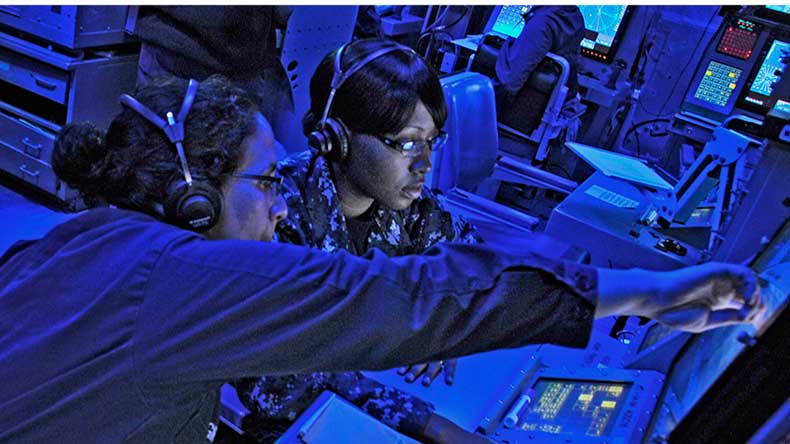Accessing and downloading pirated content can have serious risks of malware and viruses.
Unauthorised use, reproduction, or distribution of copyrighted material, such as music, movies, books, software, and other digital content is a major concern in today’s digital age. Online piracy has become widespread due to the ease of sharing digital content over the internet, and it has significant implications apart from economic and legal.
CONSEQUENCES OF ONLINE PIRACY
Online piracy has significant economic consequences, both for the industry and for the individuals who create and distribute content. Piracy reduces the revenue of the legitimate copyright holders, and can impact their ability to create new content or make a living from their work. The music, film, and software industries are particularly vulnerable to piracy, and it is estimated that billions of dollars are lost each year due to pirated content.
RISKS OF ONLINE PIRACY
Pirated content is often made available for free or at a significantly lower cost than legally licensed content, making it an attractive option for many consumers. However, accessing and downloading pirated content can have serious risks associated with and most significant being malware and viruses. Pirate websites are often loaded with malicious software that can infect a user’s computer, steal personal information, and cause damage to the device. Users are at risk of downloading harmful files that can compromise their security.
LEGAL IMPLICATIONS
Piracy is illegal, and those who participate in it can face serious legal consequences. Copyright holders have the right to sue pirates for damages, and penalties can range from hefty fines to imprisonment.
Copyright Act Violation: Piracy violates the Indian Copyright Act of 1957, which protects the rights of copyright holders. Violations of this Act can lead to civil or criminal penalties.
Civil Liability: Copyright holders can sue the pirate for damages, including the profits made from the piracy and any other losses incurred.
Criminal Liability: In India, piracy is a criminal offence. If convicted, the pirate can face imprisonment for up to three years and/or fines of up to INR 3 lakh.
The Information Technology Act 2000 also provides for damages as compensation up to INR 1 crore for unauthorized use of computers or a network of computers in any data then copied or reproduced from that system onto an external storage device counts as an act of piracy.
Website Blocking: The Indian government has the power to block websites that engage in piracy. Internet service providers (ISPs) may be ordered to block access to such sites.
Apart from the above, the Ministry of Information and Broadcasting introduced the Cinematograph (Amendment) Bill, 2021 which will make the process of sanctioning of films for exhibition more effective, in tune with the changed times and curb the menace of piracy.
We understand the importance of protecting intellectual property rights. Unfortunately, movie and song piracy continue to be an issue that affects both the entertainment industry and consumers alike. Piracy can lead to lost revenue for creators, as well as a decrease in quality content available for purchase or streaming. Hence, several steps are required to be taken to combat online piracy.
Technology solutions can play an important role in curbing online piracy such as (a) use of Blockchain Technology to create a secure and tamper-proof database of transactions related to copyrighted content which can help to ensure that ownership of copyrighted content is properly recorded and that royalties are distributed fairly.
(b) Artificial Intelligence (AI) technologies can be used to monitor online platforms and identify instances of piracy. AI algorithms can be trained to recognise patterns of piracy and to take action to remove pirated content automatically.
Overall, technology solutions can be an effective tool in curbing online piracy of movies and songs. However, it is important to note that technology alone is not enough to solve the problem of online piracy. A comprehensive approach that combines legal, technological, and educational measures is needed to effectively combat online piracy.
Khushbu Jain is a practising advocate in the Supreme Court and founding partner of the law firm, Ark Legal. She can be contacted on Twitter: @advocatekhushbu

